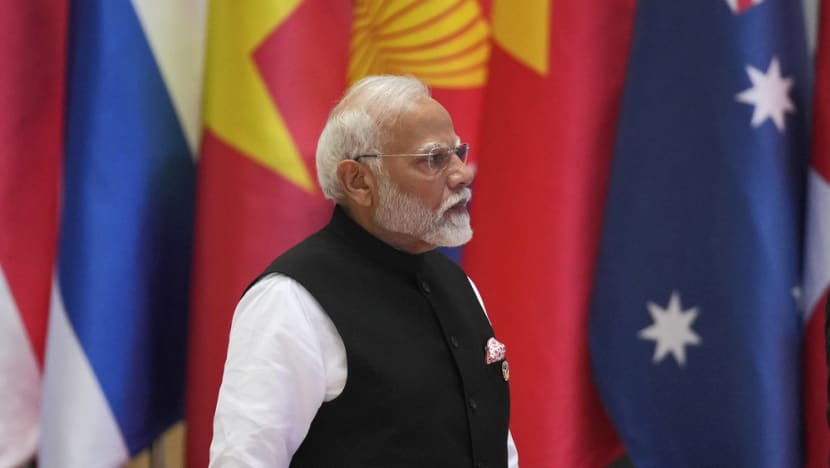

The trade relationship between India and the Association of Southeast Asian Nations (ASEAN) appears to be facing significant headwinds, driven by tariff-related issues and broader economic concerns. While both sides aim to enhance their partnership, growing trade deficits for India and disagreements over tariff structures are creating friction.
One of the core problems is the widening trade imbalance between India and ASEAN. For example, in fiscal year 2025, India's trade deficit with ASEAN reportedly jumped to $45.2 billion, a considerable increase from $25.8 billion in FY22 and $21.8 billion in FY19. This deficit has fueled concerns in India that the current free trade agreement (FTA) disproportionately benefits ASEAN countries. India's imports from ASEAN have been growing at a faster rate than its exports, leading to this imbalance. Between fiscal years 2009 and 2023, imports from ASEAN to India increased by 234.4%, while exports from India only rose by 130.4%.
A key point of contention revolves around tariff structures and the "rules of origin" within the ASEAN-India Trade in Goods Agreement (AITIGA). Signed in 2009 and implemented in 2010, the AITIGA was intended to ease tariff barriers and promote trade between the regions. However, India feels that the agreement's relaxed rules of origin have allowed China to exploit the pact by routing goods through ASEAN nations to avoid tariffs, a practice known as "Chinese dumping". This circumvention of tariffs has led to increased imports of cheap Chinese products, such as steel, electronics, and chemicals, into India, undercutting local manufacturers.
Specifically, India has expressed concerns that it has opened a larger percentage of its tariff lines compared to some ASEAN members. For instance, India had opened 71% of its tariff lines, while Indonesia had only opened 41%, Vietnam 66.5%, and Thailand 67%. This asymmetry in tariff openings, despite India having a lower per capita income, has fueled the perception that the agreement is not equitable.
In response to these concerns, India has been pushing for a review and potential renegotiation of the AITIGA. New Delhi aims to tighten the rules of origin to prevent the influx of Chinese goods and ensure that the FTA genuinely benefits local producers in both India and ASEAN countries. India is also seeking greater market access for its goods, particularly in sectors like automotive and agriculture. Moreover, India wants to address non-tariff barriers, such as complex customs procedures and regulatory hurdles, which impede trade flows.
However, progress on these issues has been slow. While both sides have engaged in multiple rounds of negotiations, significant differences remain. Some in India feel that ASEAN members are not adequately addressing India's key concerns and are delaying the review process. India is reportedly seeking a country-wise review of the AITIGA to better address its trade deficit with specific nations within the bloc.
Given these challenges, there is growing frustration in India regarding the current state of the FTA. Some officials have even suggested that India may consider terminating the AITIGA if a satisfactory resolution cannot be reached. This would allow India to pursue alternative trade strategies, such as bilateral deals with countries like Australia and the UAE, where more balanced negotiations are possible.
Despite the current tensions, both India and ASEAN recognize the strategic importance of their partnership. ASEAN is central to India's "Act East Policy" and its vision for the Indo-Pacific region. For its part, ASEAN benefits from India's growing economy and its potential as a major market. Both sides have adopted a "Plan of Action 2026-30" to strengthen their strategic partnership. To revitalize the relationship, it will be crucial for ASEAN to provide greater transparency into its supply chains and reassure trading partners, including India, that it is committed to fair trade practices. Finding mutually agreeable solutions to the tariff imbalances and rules of origin issues will be vital to prevent further strain on this important economic and strategic relationship.